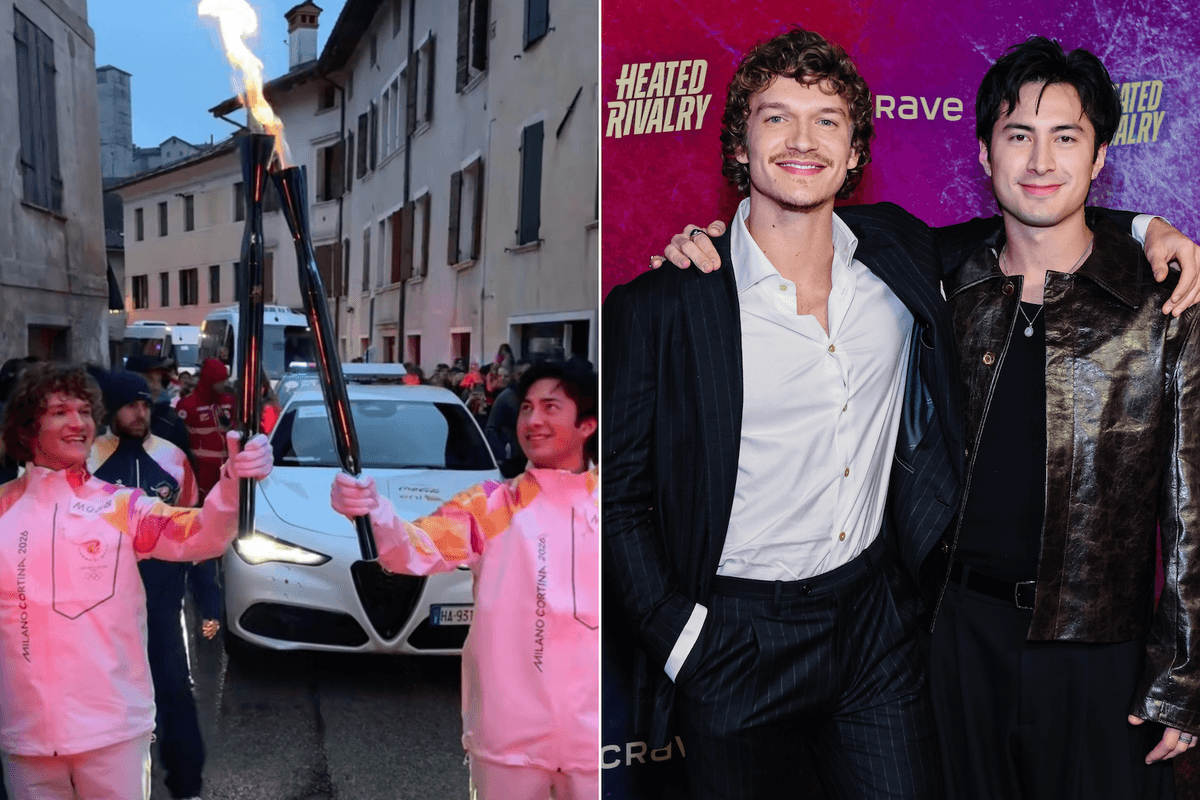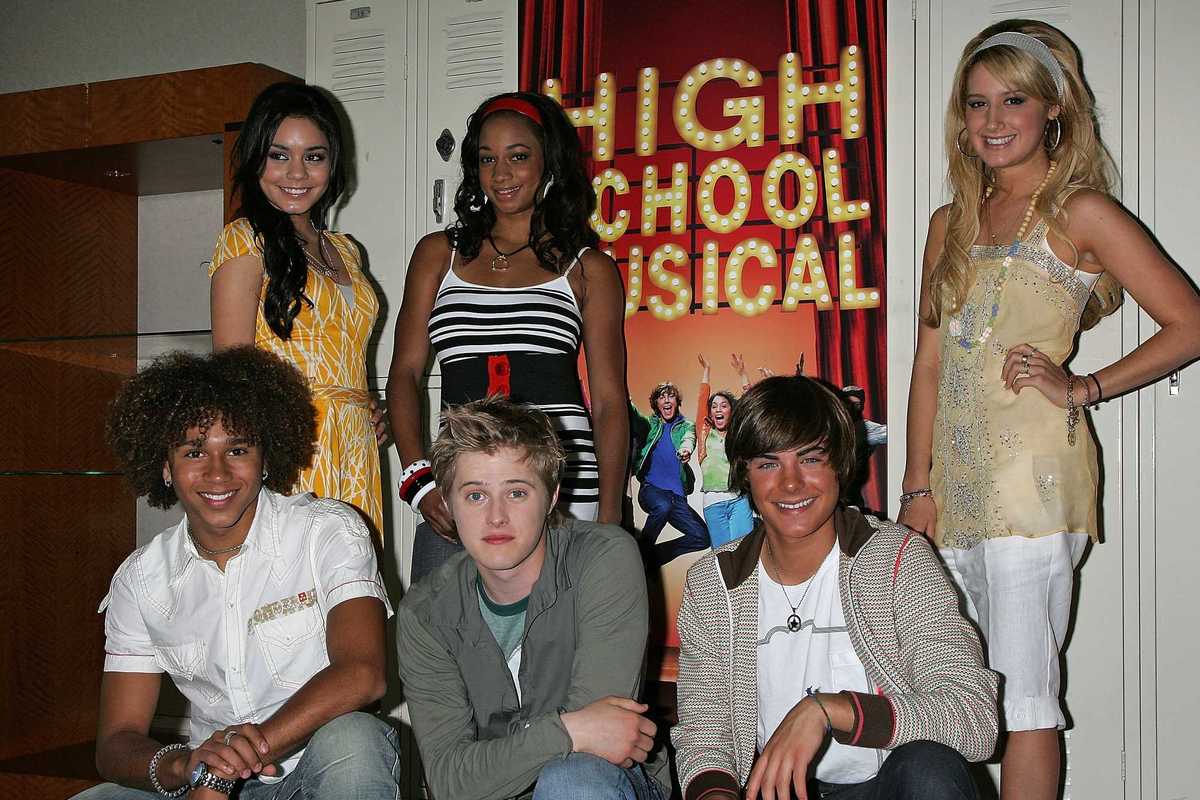Clara Hill
Mar 05, 2021

Getty Images/iStockphoto
Generational warfare is currently dominating the internet with social media platforms like Twitter and TikTok full of Generation Z taunting their preceding generation Y, better known as millennials.
You might have seen the posts of Gen Z laughing at millennials’ about skinny jeans, side parts and so on but what does it all mean? What is it all about? Don’t know? Well, let us guide you through the generation wars.
Here are all the answers to all the questions you could possibly have.
What are generations?
Generations are groups of people born in a set timeframe. All the current discourse is mainly about Gen Z and Millenials but to really understand the hullabaloo, one needs the get to grips with what a generation is and the difference between them.
The American think tank The Pew Research Centre defines the generations as followed
The Silent Generation - they were born between 1928 to 1945
The Baby Boomers - they were born between 1946 to 1964
Generation X - they were born between 1965 and 1980
Millennials -they were born between 1981 to 1996
Generation Z -they were born between 1997 to 2012
Sectioning off people by age gives researchers the ability to understand how formative events, like wars and technological advancement, affect people. The science behind this is not exact, but they try and give boundaries to aid understanding.
What are the stereotypical characteristics of the generations?
Each generation is blighted by stereotypes, formed by the experiences they faced. For example, baby boomers were raised during the birth of the welfare state, growing up in the immediate aftermath of two catastrophic world wars. They were children and teenagers during the beginning of the Cold War, which involved overseas flight, the threat of nuclear destruction and the like.
Generation X has been nicknamed “The Slackers”, and also faced fears of nuclear destruction but got to do so in the 1990s with the first invasion of Iraq providing their political awakening. Much has been made about their culture, but less about them as people. The stereotypes can be summarised by watching anything with Winona Ryder in it like Heathers or Reality Bites.
Millennials grew up during the birth of a little thing called the internet but still remember a time without it, social media and the onslaught of information available at your fingertips. Defining world events for millennials include the rise of terror attacks like 9/11, the London Underground bombings in 2005 and the second Iraq War.
An impact on their adult day to day lives has been economic downturns, such as the 2008 crash.
Generation Z is the latest to be defined as a cohort and is currently leading the current discourse that is buzzing around the internet, laughing at Millennials.
Are they the first to do so?
Of course not! Millennials are no stranger to having a whole generation bash them for merely existing. Boomers have been ridiculing Millennials since Millennials were the newest generation on the block.
Much of the internet was dedicated to boomers telling millennials they were the absolute worst, lazy, unable to handle money, spending it on avocadoes, lattes and whatever nonsense used to numb the pain of being one of the first generations to be poorer than their parents and grandparents in a while.
Have Gen Z and Gen Y always been foes?
No! In 2019, both generations teamed up to taunt their boomer enemies and creating the meme “Ok, boomer” the deadpan clap-back to the ramblings of boomers who think that millennials and generation Z needed their outdated advice that is not always applicable to their life’s situations.
An MP in New Zealand’s parliament used the put down when calling a fellow colleague out interrupted her while she addressed the house.
When did Generation Z declare war on Millennials?
Okay, we may need to be less dramatic but the trend of millennial’s being the butt of Gen Z’s jokes became big news in June 2020. According to this Evening Standard article, posted on 14 June 2020, TikTok user @mayalepa is the first to start the trend.
The younger generation took to their stomping ground of TikTok to make spoof videos of their older contemporaries.
What do they disagree on?
Judging by what is flittering about on the internet lots.
The video-sharing app TikTok is full of sub-genres, whatever you could think of, you can find people posting videos.
In June, the trend of Gen Z mocking millennials really took off getting attention from various media outlets from Vice to Bustle.
At first, millennials were roasted for their love of Harry Potter, telling everyone what Hogwarts house they were a part of.
It was later revealed that Gen Z has a completely different way of using emojis. Millennial favourite the cry-laughing emoticon is apparently over and gauche.
Another Gen Y pet peeve was their lingo, mocking their choice to use words like “doggo” and “adulting”. Some people said that a penchant for nostalgia is a defining trait of millennials.
They take umbrage with their fashion and aesthetic choices. Skinny jeans and side parts have become a simple of passe fashion of a bygone era.
The young’uns are all about flares and bootcut jeans. Some millennials have been quick to point out that they tried out that style but it all got a bit messy...
Another style bugbear Gen Z have is with the way millennials style their hair. Side parts are a complete no go when it comes to millennials, who love sporting a middle part, often nicely complimented with curtain bangs. They seem to get their reference points from 70s icons like Farrah Fawcett when it comes to their tresses.
Most millennials have taken this critique on the chin, remembering its normal for younger people to think their elders are has been. It’s the passing of the baton to the next hip bright young things.
Others have responded to being dunked on with a little less grace, complaining about being picked on.
The latest feud is about Generation Z’s apparent “cancellation” of the rapper Eminem, who according to TikTok, with figures like Meghan McCain weighing on how outrageous she found this prospect
Will generational warfare ever stop?
Based on the evidence, no but it is important to remember that your generational grouping does not define you. While major world events may shape your outlook but so will other sociological factors such as your gender, race, and socioeconomic background.
Top 100
The Conversation (0)













